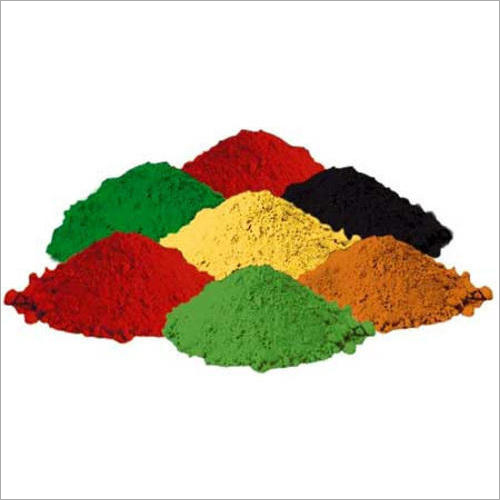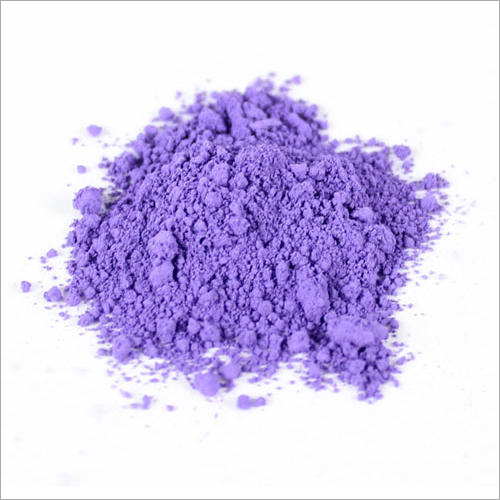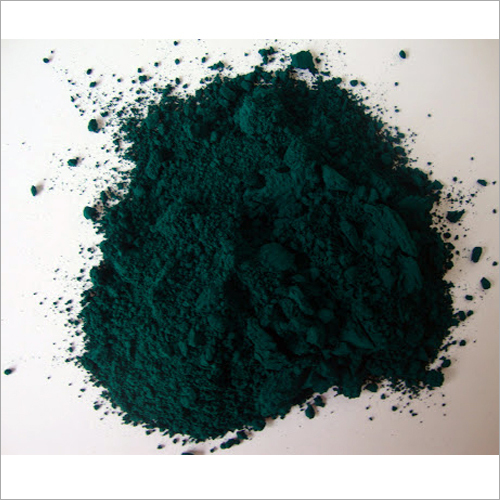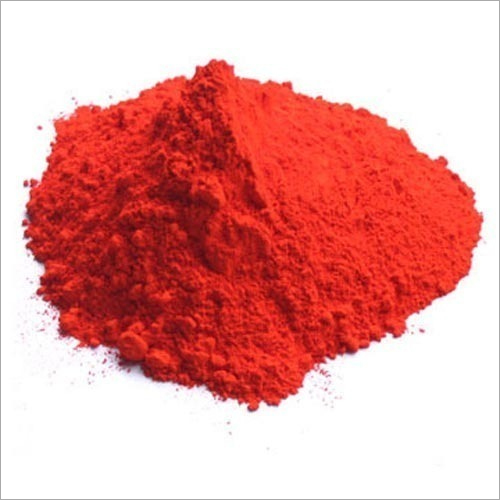Offers
Titanium Dioxide
Pigments
Ketonic Resin
Lotader
Lotader
Oravec
Oravec
Ceva Resin
CPP Resin
Eva Resin 4260 & 4055
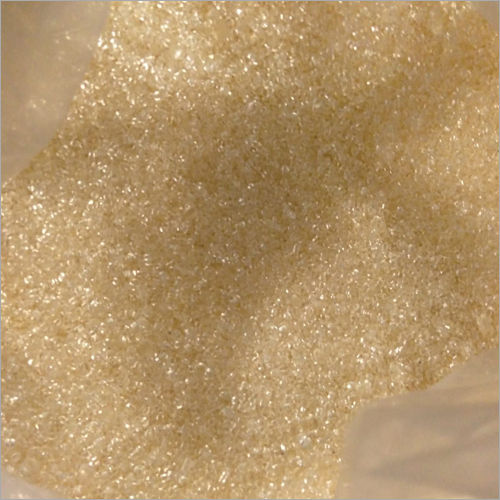
Chlorinated Polypropylene (CPP)
650 INR/Kilograms
Product Details:
X
Chlorinated Polypropylene (CPP) Price And Quantity
- 650 INR/Kilograms
- 20 Kilograms
- 610.00 - 750.00 INR/Kilograms
Chlorinated Polypropylene (CPP) Trade Information
- 1000 Kilograms Per Week
- 1 Week
Product Description
Chlorinated polypropylene (CPP) is a thermoplastic polymer derived from the chemical modification of polypropylene. The chlorination process involves introducing chlorine atoms into the polypropylene polymer chain, typically through reactions with chlorine gas or other chlorinating agents.
This chlorination process alters the properties of polypropylene, resulting in a material with enhanced characteristics such as improved adhesion, chemical resistance, and heat resistance compared to unmodified polypropylene. CPP is often used as a coating or adhesive in various applications where these properties are desirable.
Some common uses of chlorinated polypropylene include:
1. Adhesives and Coatings: CPP is widely used as a coating or adhesive in the packaging industry, particularly for laminating films and papers where strong adhesion to various substrates is required.
2. Ink and Printing: It is also used in ink formulations, especially for printing on non-porous surfaces like plastics and metals, due to its adhesion properties and resistance to chemicals and moisture.
3. Automotive: In the automotive industry, CPP finds applications in coatings for interior and exterior parts, as well as in adhesives used in automotive assembly.
4. Textiles: CPP can be applied as a coating on textiles to improve their water and chemical resistance or as a binder for non-woven fabrics.
5. Electronic Components: It is used in the production of electronic components and devices where resistance to heat and chemicals is important.
Chlorinated Polypropylene Properties:
1. Adhesion: One of the most significant properties of CPP is its ability to adhere well to a wide range of substrates, including metals, plastics, paper, and textiles. This property makes it valuable as an adhesive or coating in applications where strong bonding is required.
2. Chemical Resistance: Chlorinated polypropylene is highly resistant to many chemicals, including acids, bases, and solvents. This property makes it suitable for applications where exposure to harsh chemicals is expected, such as in packaging materials or chemical-resistant coatings.
3. Heat Resistance: CPP exhibits good heat resistance, allowing it to maintain its properties and adhesion strength at elevated temperatures. This property makes it suitable for applications where exposure to heat or thermal cycling is a concern, such as in automotive or electronic components.
4. Water Resistance: CPP has excellent water resistance, which makes it suitable for applications where moisture exposure is expected. This property is particularly important in applications such as packaging materials or outdoor coatings where protection against water ingress is necessary.
5. Flexibility: Chlorinated polypropylene typically retains the flexibility of polypropylene, allowing it to conform to the shape of the substrate and provide good flexibility in coated or laminated materials.
6. Transparency: Depending on the formulation and processing conditions, CPP can exhibit varying degrees of transparency, which is advantageous in applications such as clear coatings or films.
7. UV Resistance: Some formulations of CPP may offer UV resistance, which is beneficial for applications where exposure to ultraviolet radiation is a concern, such as outdoor signage or protective coatings.
8. Electrical Insulation: Chlorinated polypropylene can act as an electrical insulator, making it suitable for applications in the electronics industry where insulation properties are required.
Chlorinated Polypropylene FAQ:
Q. How is Chlorinated polypropylene (CPP) used in packaging?
Ans: CPP is used in packaging materials as coatings or adhesives for laminating films and papers. It provides strong adhesion to various substrates and offers resistance to moisture, chemicals, and heat, making it suitable for flexible packaging applications.
Q. Is Chlorinated polypropylene environmentally friendly?
Ans: The environmental impact of CPP depends on factors such as its manufacturing process, disposal methods, and potential for recycling. While polypropylene itself is recyclable, chlorination adds complexity to the recycling process. However, CPP's durability and chemical resistance can contribute to product longevity and reduce the need for frequent replacements, potentially offsetting some environmental impacts.
Q. How does CPP compare to other adhesives and coatings?
Ans: CPP offers unique properties such as excellent adhesion, chemical resistance, and flexibility, which make it suitable for specific applications where other materials may not perform as well. However, the choice between CPP and other materials depends on factors such as cost, performance requirements, and compatibility with substrates.
Q. Is Chlorinated polypropylene safe for use in food packaging?
Ans: CPP is generally considered safe for use in food packaging applications, especially when it complies with regulatory standards such as those set by the U.S. Food and Drug Administration (FDA) or the European Food Safety Authority (EFSA). Manufacturers typically ensure that their CPP products meet relevant regulatory requirements for food contact materials.
Q. Can Chlorinated polypropylene be recycled?
Ans: While polypropylene is recyclable, the chlorination process involved in producing CPP can complicate its recycling. However, some recycling processes may be able to handle CPP-containing materials. It's essential to consult with recycling facilities to determine their capabilities and requirements for recycling CPP-based products.
Enter Buying Requirement Details
 English
English Spanish
Spanish French
French German
German Italian
Italian Chinese (Simplified)
Chinese (Simplified) Japanese
Japanese Korean
Korean Arabic
Arabic Portuguese
Portuguese

